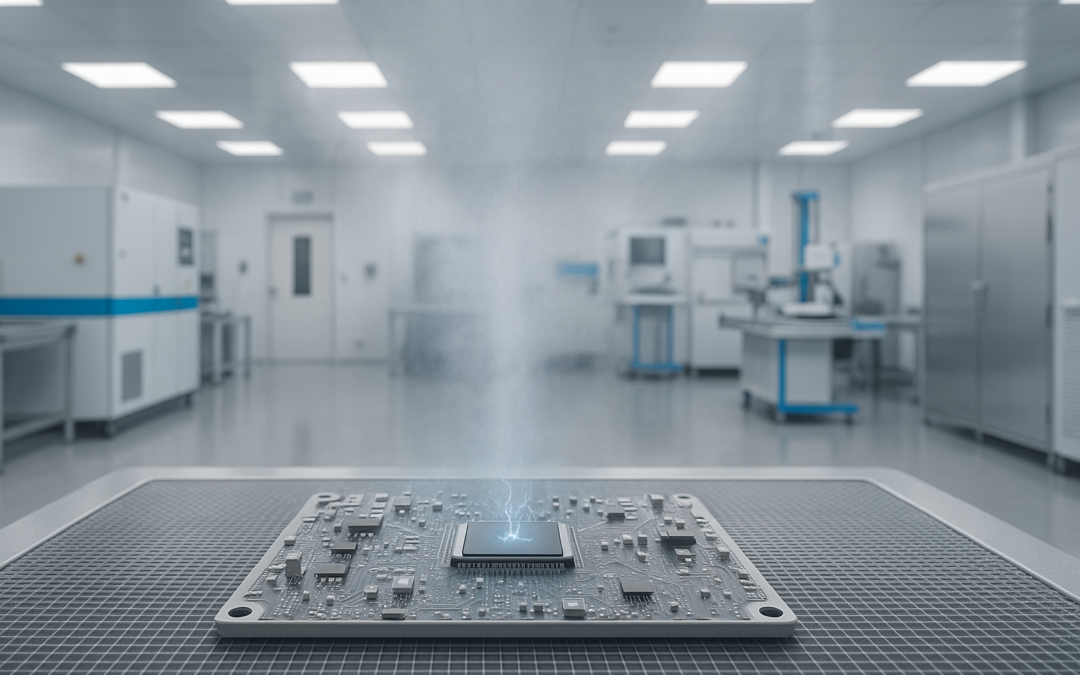You’ve undoubtedly noticed that people get sick more often in the winter. This is also true when they spend extended periods of time in areas where there are a lot of other people. Research has shown that workplace humidity is also a significant factor for being sick. Smart Fog Humidifier is one of the smartest solutions to avoid spreading airborne germs to get infected.
It Isn’t All Surface Transmission
Many health agencies run campaigns encouraging hand sanitation via the use of hand sanitizer or regular washing. They may follow up with suggestions to wipe down hard surfaces. That is the reason; some germs pass from hand to hand or by people touching hard surfaces. However, these aren’t the only ways of spreading germs.
Airborne germ transmission is responsible for many outbreaks of the flu, colds, and other respiratory diseases. According to the BBC, this transmission is much more likely when the air is dry. Winter air is drier, hence the increase in sickness during this season.
Germ Spread and Low Humidity
The BBC reports that, in experimental conditions, flu outbreaks could be induced in dry air but not in more humid environments. These findings have been found to be true in real-world conditions as well. In fact, the graphs of low humidity and flu levels move practically in lockstep.
This shocks many people because of the widespread belief that moist air heralds sickness. However, a couple of important factors make that assumption incorrect.
Firstly, cold air holds less moisture than warm air will. This makes it clear that during the winter, it snows or rains more readily than in the summer. Precipitation happens when the air has maxed out its moisture-holding ability. Because of this, people mistake the air for being wet, when in reality, the ambient humidity has dropped.
Second, germy sneeze droplets stay in the air longer when that air is dry. For this reason, people sneeze larger droplets when it’s more humid. Larger droplets fall from the air relatively quickly. The smaller droplets sneezed during dry conditions, on the other hand, can stay in the air for hours or even days.
These two factors combine to make it so that dry air is perfect for the spread of the flu and other contagious diseases. The result? People get sicker far more often during the winter.
Can Your Company Do Anything to Prevent the Increase in Sickness?
You and your business have several tools you can use to stop your building from becoming a haven for germs. A two-pronged approach provides the best results.
First, take aim at those airborne particles. Install one or more of our commercial humidifiers. This will keep the moisture in your building’s air at healthy levels. Smart Fog Humidifier is one the industry leader in providing appropriate moisture and help to reduce harmful germs.
The particles that our humidifiers produce are small enough to attract and suppress. Meanwhile, the increased humidity will cause the other germs to fall out of the air so that they can’t be inhaled.
Next, go after your hard surfaces. Getting germs out of the air is good, but some still spread by contact. Spray your surfaces with disinfectants and wipe down the things that can’t be sprayed. Provide hand sanitizer, too, especially if your business is open to the public.
Finally, actively promote good anti-germ hygiene among your employees and be sure to practice it yourself. Even though most people know the basics, it’s common for them to skip during the bustle of the day. A few posters in the right places will keep the important parts top-of-mind.
Want to know more about Smart Fog Humidifier?
To learn more about Smart Fog humidifiers and all of the ways they’ll keep you, your employees, and your customers healthier, just contact us. We’ll be glad to explain everything and recommend the perfect units for your building.





